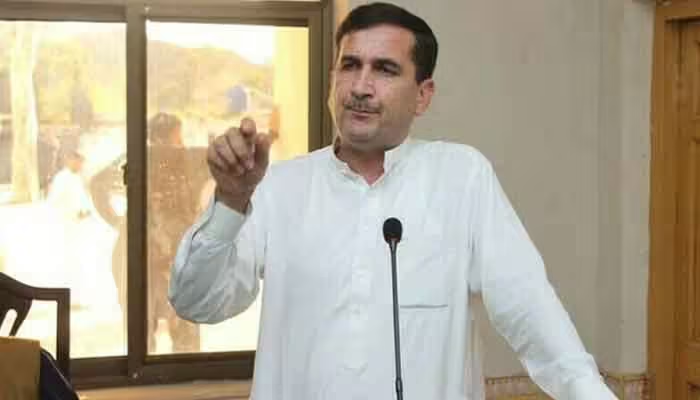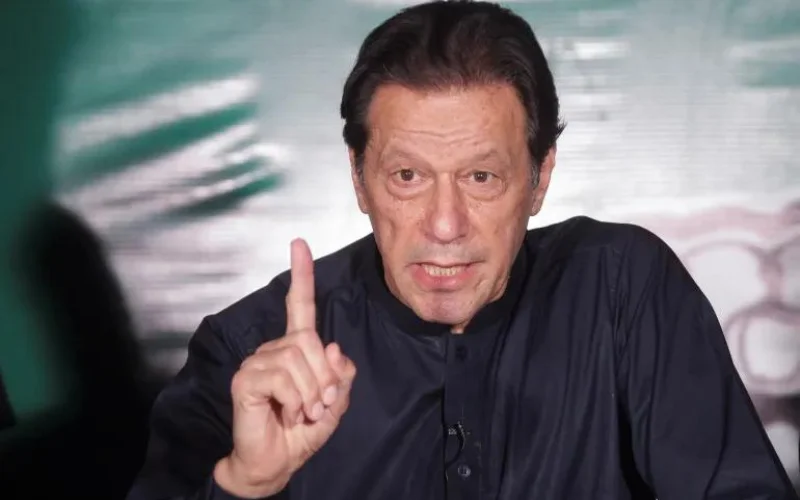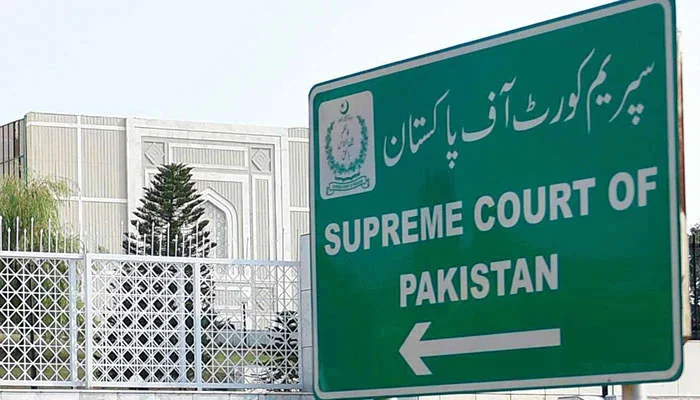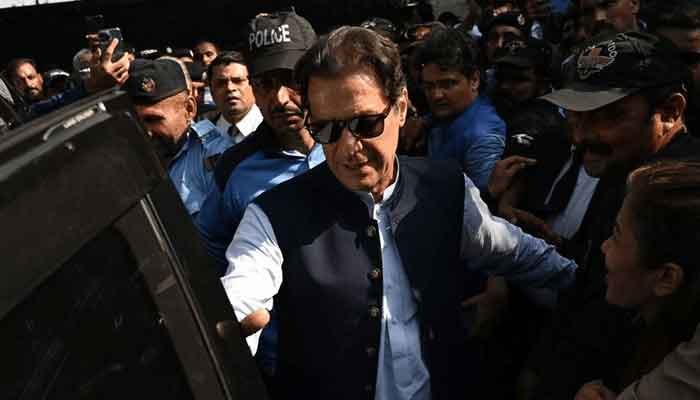In a significant political development, Shakeel Khan, the ousted Minister for Communications and Works of Khyber Pakhtunkhwa (KP), has broken his silence, revealing the deep-rooted differences and internal conflicts that have plagued the provincial government. Shakeel Khan’s statements have shed light on the turbulent political landscape in KP, raising serious questions about governance, transparency, and the internal power struggles within the ruling party, Pakistan Tehreek-e-Insaf (PTI).
A Minister’s Dissent
Shakeel Khan, a former provincial minister, has accused the provincial leadership of creating an environment where effective governance has become nearly impossible. According to him, the current state of affairs in KP is so dire that it hardly feels like a functioning government. “Khyber Pakhtunkhwa does not think that we have a government,” Shakeel Khan stated, expressing his frustration with the lack of control and authority within the provincial administration.
Khan did not shy away from addressing the controversial figures within his party, claiming that he had previously exposed the questionable activities of former Chief Ministers Parvez Khattak and Mehmood Khan. His outspokenness, he believes, led to his earlier expulsion from the ministry. However, he stands by his actions, asserting that “time has proved who was true and who was false.” These remarks reflect a deep sense of vindication, as Khan believes his stance against corruption and mismanagement has been validated.
The Struggles of Governance
One of the most alarming revelations from Shakeel Khan’s statement is the complete breakdown of administrative control within the province. He lamented the inability to make even basic administrative changes, such as replacing secretaries, highlighting a paralyzed bureaucracy where “no secretary is working.” This lack of administrative control is a severe blow to the province’s governance, raising concerns about the effectiveness of public service delivery and the overall functionality of the government.
Shakeel Khan’s frustrations are further compounded by what he describes as an internal conspiracy within PTI. He criticized the decision to include MNA Junaid Akbar Khan in the Good Governance Committee, a body ostensibly created to ensure transparency and accountability within the provincial government. According to Shakeel Khan, a powerful lobby within the party orchestrated Junaid Akbar’s removal from the committee and replaced it with their own members. This new committee, according to Khan, produced a misleading report that painted a falsely positive picture of the provincial government’s performance, which was then presented to PTI’s founder, Imran Khan.
A Resignation in Protest
Shakeel Khan’s dissatisfaction with the state of affairs in KP culminated in his resignation from the ministry. He stated that his decision to step down was motivated by a desire to “play openly against these corrupt elements.” This bold move underscores his determination to fight against what he perceives as entrenched corruption and mismanagement within the provincial administration. His resignation is not just a personal protest but a call to action, urging others within the party and the government to take a stand against corruption.
The Fallout
The fallout from Shakeel Khan’s resignation has been swift and contentious. Chief Minister KP Ali Amin Gandapur, in his official statement, justified Khan’s removal by citing his performance and the recommendations of the Good Governance Committee. Gandapur claimed that the committee, formed with the approval of PTI Chairman Imran Khan, found Shakeel Khan’s performance lacking, leading to his ouster. Following this recommendation, Gandapur sent a summary to the governor, who approved Shakeel Khan’s removal from the ministry.
However, the narrative presented by Shakeel Khan paints a starkly different picture. He argues that his removal was not due to poor performance but rather his efforts to expose corruption within the KP government. In a statement supporting Khan’s claims, Governor KP Faisal Karim Kundi acknowledged that Shakeel Khan was indeed removed for exposing corruption, indicating that the decision to oust him was politically motivated rather than based on merit or performance.
The controversy surrounding Shakeel Khan’s ouster has exposed deep fissures within the PTI-led government in Khyber Pakhtunkhwa. His allegations of corruption, administrative paralysis, and internal conspiracies reflect a government struggling with internal discord and a lack of effective leadership. As the political drama continues to unfold, it remains to be seen how these revelations will impact the party’s standing and governance in the province. Shakeel Khan’s bold stance against corruption and his willingness to speak out may inspire others to follow suit, potentially leading to significant political repercussions in Khyber Pakhtunkhwa and beyond.



